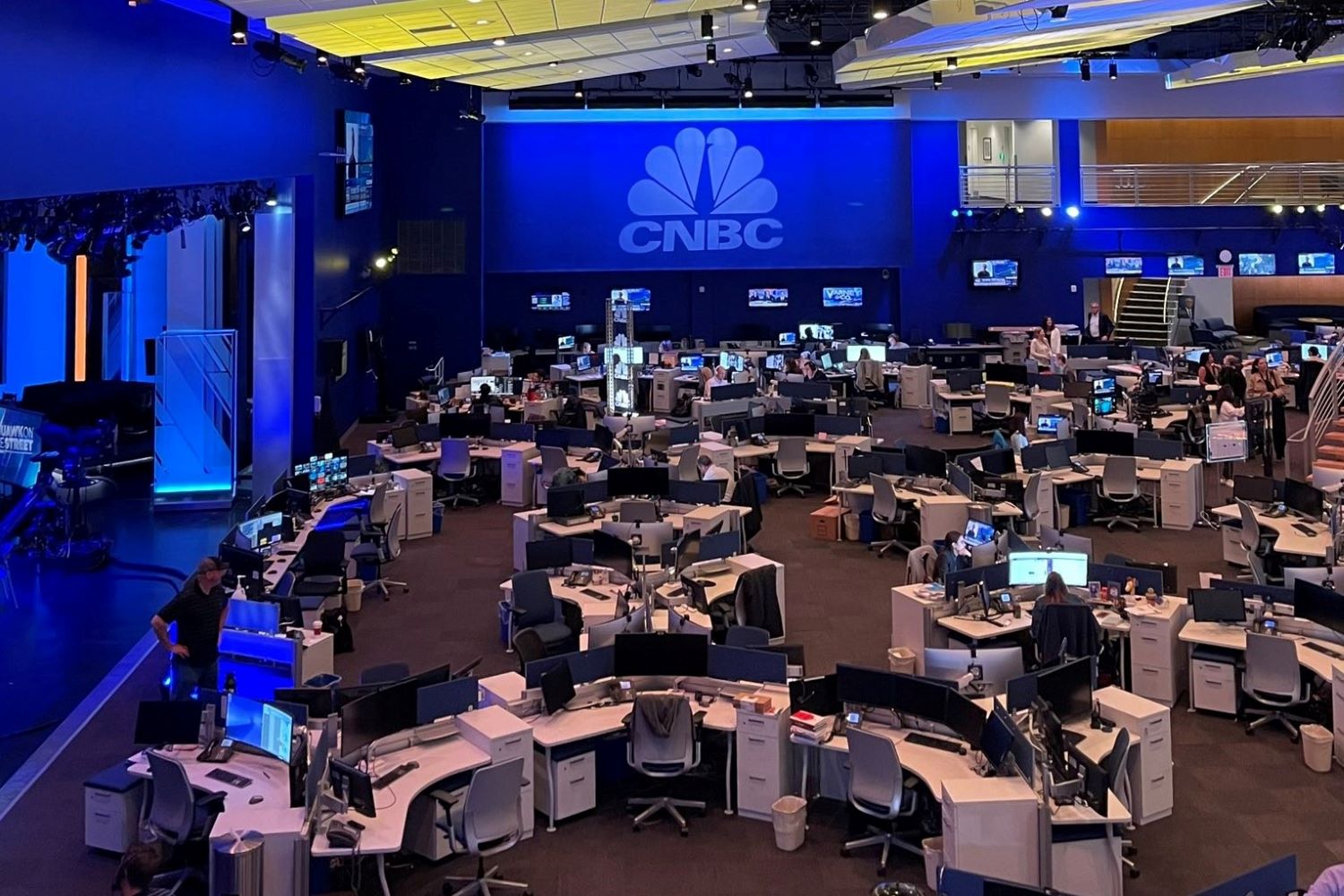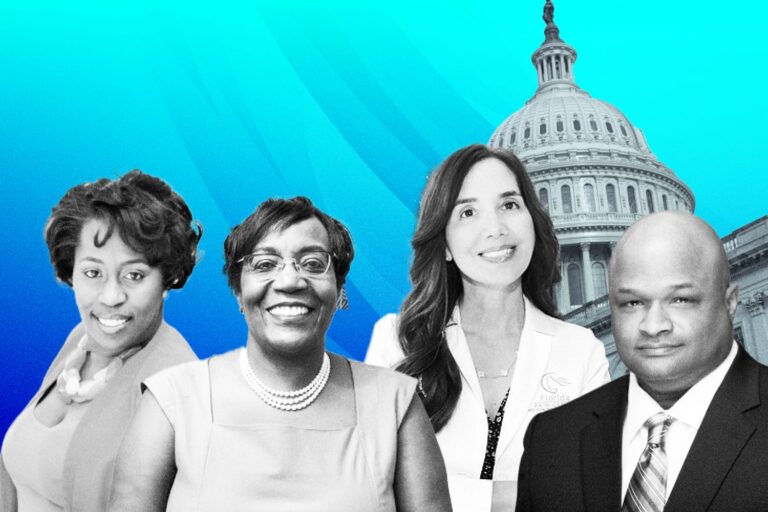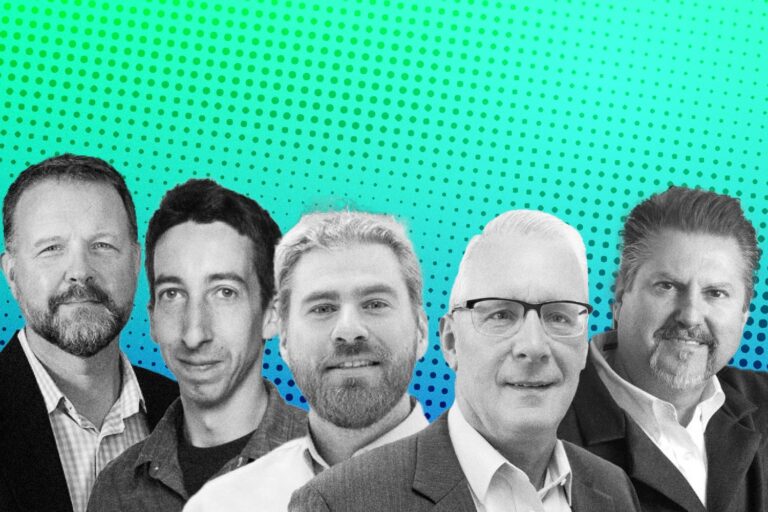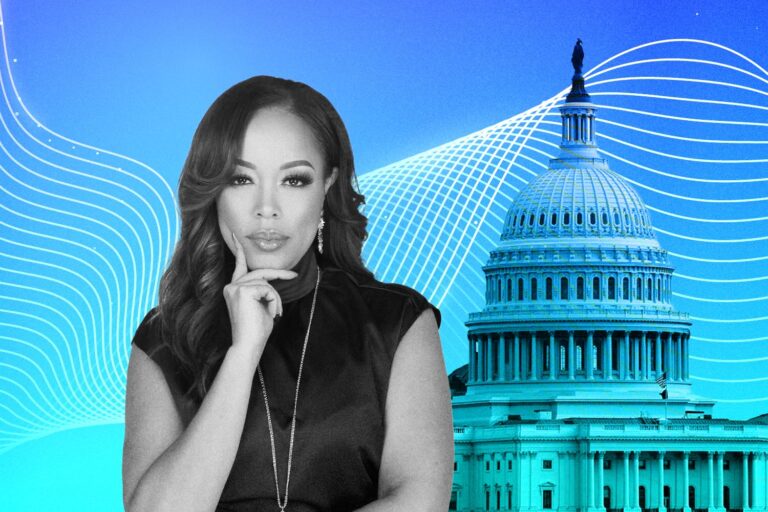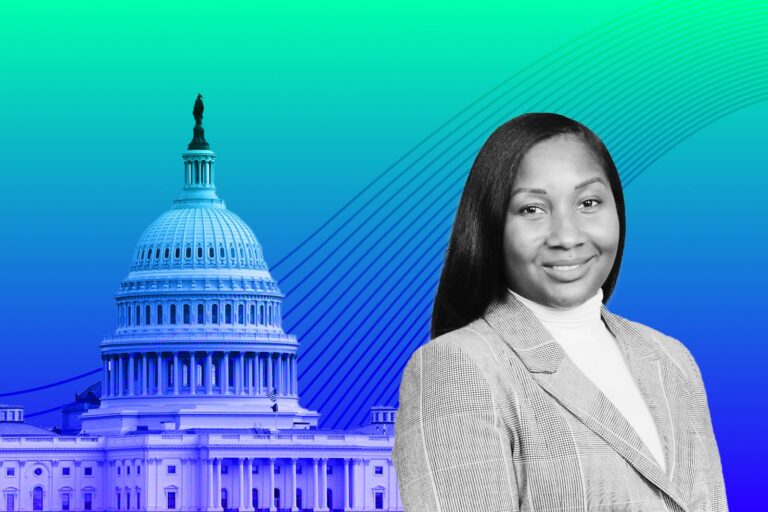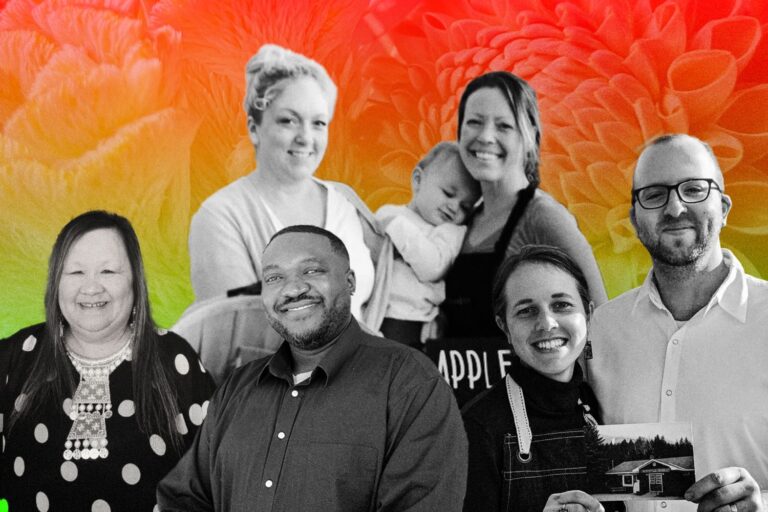CNBC: Is Trust as Critical as We Believe It Is When It Comes to News Sources?
According to a study by the Knight Foundation and Gallup, the Americans claim that 62% of the news they receive on Cable, in newspapers, and on radio is skewed.
Those polled said they claimed that 44 per cent of television stories and 64 per cent of social media news were erroneous. And they’re unhappy about it—more than 80 percent said they were furious or upset to see biased facts, and they felt a bit more similarly about having false information.
In assessing news sources, respondents strongly correlated prejudice with imprecision. In their opinion, the sources that they believe are biases are often misleading.
CNBC – Consumer News and Business Channel, is the 7th most popular and the 5th most famous news website. Is it biased? Its news is still believable?
Before delving into the deeper story behind CNBC, let’s explore the background first to get the basic understanding about it.
CNBC & The History of a 31-Year-Old Road
CNBC is an American pay television news service owned by NBCUniversal News Network, a subsidiary of NBCUniversal, all of which are collectively owned by Comcast. Jeff Shell has been the NBCUniversal since January 2020.
CNBC was initially formed as a joint venture between NBC and Cablevision as Consumer News and Business Channel on 17 April 1989.

Headquartered in Englewood Cliffs, New Jersey, the network mainly serves U.S. and international capital markets on working days. After the close of the business day and on non-trading days, CNBC mostly produces financial and business-themed documentaries and reality shows.
CNBC was introduced as a consumer news and business channel alliance between Cablevision and NBC in April 1989. Later, after two years in 1991, they also acquired their only rival station, the Financial News Network, which helped them grow their manpower and distribution. Eventually, Cablevision sold all of its assets to NBC, making NBC the sole owner of the network.
According to recent figures, 80.4% of households (with TV) in the USA have access to the CNBC News channel. In 2007, the struggle and hard work of NBCUniversal made the station one of the most valuable networks in America with a total valuation of $4 billion.
In 2020, CNBC was ranked #62 as one of the Most-Watched Television Networks.
Programming
CNBC offers different forms of shows during all the working days. It streams live programming on weekdays from 4:00 a.m. to 7:00 p.m., featuring US Industry themes, interviews with business executives and CEOs, reports on oil markets and financial market indexes, and comments from numerous investment practitioners. The channel also broadcasts hourly segments of the U.S. Top News and Analysis News Now updates in September 2007 during business days. It used to air those brief headlines 30 seconds long before the start of Squawk on the Street via The Kudlow Report.
Public Interest and the Confirmation Bias
Confirmation bias is very tricky. As far as news is concerned, it simply means that we prefer to look at the outlets that affirm our present prejudice. We prefer to watch either conservative television, or liberal news, depending on whether our own views are conservative or liberal.
Not just that, when we look at centrist outlets, we prefer to think of them as leaning to the left or the right rather than the middle.
That means that we don’t get a whole impression of news and events in our country.
How are you going to get a fuller picture? Look for outlets that question your prejudice. In other words, get your news from the bias spectrum: conservative (leans right), liberal (leans left) and centrist sources.

CNBC is a division of NBC and eventually owned by Comcast. They are pointed to as possessing a “Left Center” Bias. That basically means that something that increases the prestige of the Middle or Right-Centered topic will be downplayed or not published.
CNBC vs the US: Are They Still Relevant?
Some people believe that CNBC is a spin-off of NBC, the National Broadcasting Network of the USA. For most of the 20th century, NBC has followed strict guidelines on objectivity and fact-checking. They tended to use academically recognized sources, such as AP (Associated Press) and UPI (United Press International).
However, with the advent of Cable TV in the early 1990s, everything has changed. This marked the roll-out of the CNBC system (originally, Cable NBC, and later, the Consumer News and Business Channel). CNBC was known for its continuous stream of stock market data and business news. It corresponded to a massive rise in “day trading” in the West.
The concern is whether CNBC is a credible news outlet. NBC tends to have high practices, so with respect to financial details and company reporting. With respect to global political news—almost no one can conquer one’s own nationalism or ethnic preference.
With regards to local election news—almost no one can surpass one’s own party identification.
This is a mixed bag, however, because most broadcaster owners are conservative, while most reporters are liberal. It’s a push-pull relationship, where liberals often win, and conservatives sometimes win.

Yet achieving perfect objectivity is exceedingly rare for any media outlet.
Additionally, others claimed that CNBC provides data. However, only after data is processed and evaluated does it become information. They’re combining true news with conjecture, commentary, or interpretation. They see just the daily news; the long picture needs a little space. They still cover capitalism and see all choices on how it impacts the bottom line, so the social services are out of their control. Ignore what they have to say on social services, no one can get their medical news from ESPN, for example. Switch the channel while they learn about poverty or health care, it’s just not something they’d have an open mind about.
On the other hand, some people advocated that CNBC is reliable. They said that if you understand that editorials are views focused on the analysis of facts by broadcasters. They strive to base their interpretations on expert research and evidence-based logic.
What CNBC is not, is an echo chamber to reinforce particular points of view. It does aim to investigate the vulnerability of each help claim rather than act as a supporter of particular points of view.
However, there was an evidence for a discernibility of CNBC which was a political article named “Trump threatens higher tariffs if China doesn’t make a trade deal” in 2019. In the article, they claimed that “Financial markets, which have proven reactive to developments in the ongoing trade war, largely shrug off the president’s latest warning.”
The truth is that stocks will go up or down for innumerable reasons.
There have been moments when prices have grown, when the economy has been poor, there have been hot and cold wars, and so forth.
Media exists to amuse and get viewers, so they’re sensationalizing.
It doesn’t mean they’re knowingly lying about everything. Just that politics and other factors don’t influence economies as much as most people think.
Is CNBC Biased?
According to a media watchdog organization – Ad Fontes Media, a team of its analyst review stories and television shows on a daily basis in order to rate them in terms of bias and reliability. A weighted average of these scores results in the broadcast outlet aggregate ranking.
The bias ranking displayed on the Media Bias Chart on the horizontal axis varies from the extreme left to the neutral to the extreme right. The reliability ranking, displayed on the vertical axis of the map, scores sources on a continuum from original fact reporting to interpretation, opinion, propaganda and incorrect/manufactured information.
The below are CNBC’s general bias and efficiency scores based on our Ad Fontes Media ranking methodology.
| Reliability | Bias |
| 47.02 | -2.26 |
Reliability ratings for papers and displays are on a scale of 0-64. Scores above 24 are usually acceptable; scores above 32 are generally favorable.
Bias ratings for papers and shows are on a scale of-42 to + 42, with higher negative scores being left, higher positive scores being right, and scores closest to zero being the most neutral or healthy.
CNBC: Beware What You Consume

It is important to know now, more than ever, whether or not the media and news you read is distorted reporting. The sort of financial news you receive is very relevant when it comes to wealth management, as are the outlets from which you decide to get your news and knowledge. Any financial advisor worth its salt would inform you that having the right state of mind is the single most critical feature of wealth management.
Behavioral finance shows us that people are vulnerable to a lot of investment failures. The chief of them is to leave your long-term investment agenda when anxiety is strong, and the enticing wealth of actively traded shares is tempting. CNBC, like I presume others, is continuing to intensify this innate human error by regularly reporting negative stories, not just blowing them out of proportion, but also enticing their readers to trade.
The keywords were chosen out of each headline in order to visualize this bias are negative such as fall, drops, hikes, and plunges.
Does that suggest we can skip CNBC and search for other media channels? It’s definitely not. It literally means that you should be careful of accessing their media. CNBC is willing to get amazing guests and they’re great at breaking news (truly breaking news, not just fascinating news that they’re calling “Breaking News”). They are the single biggest financial news media network and avoiding them at all costs is impossible to be feasible.
Key Lesson for a Smart Selection of News
All networks are approved by the FCC and must have truthful facts. However, they have the freedom of the press to put their spin on it or to report news that favors their worldview. All networks are in the business of growing the bottom line and they know who their audience is and what they want to hear.
The press is the only occupation covered by the Constitution and is considered the fourth estate because it is the watchdog of the government, not its propaganda machine.
The NBC is known to be trustworthy. Consumers, however, have as much responsibility as merchants for receiving reliable news, or as accurate news should be given increasingly changing circumstances. If you hear a lot of emotional shifts, egregious, fantastic, infamous, notorious, excellent, nice, and too powerful to characterize a person’s acts, they smell of prejudice. These types of terms apply to editorials and are, by definition, bits of opinion. Often, credible news sources often make errors, but when they do, they apologize and make corrections. If the outlet doubles down and attempts to divert to another subject or person to blame or applaud, the “sniff” test would not be passed.
Bottom Lines
There’s no such thing as fake news, if it’s fake it’s not news if it’s news it’s not fake. Viewers should never trust any media that tells about “factual” things that involves commercial interests and politics. Do not depend 100% on any channel though. You also need to try hearing out the “dissidents” they will often tell a completely different story.

